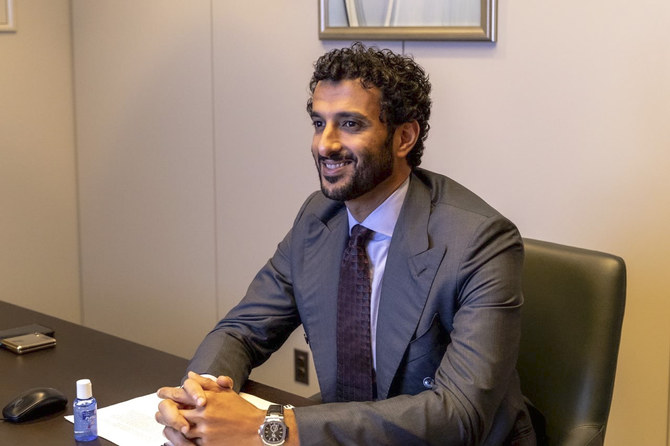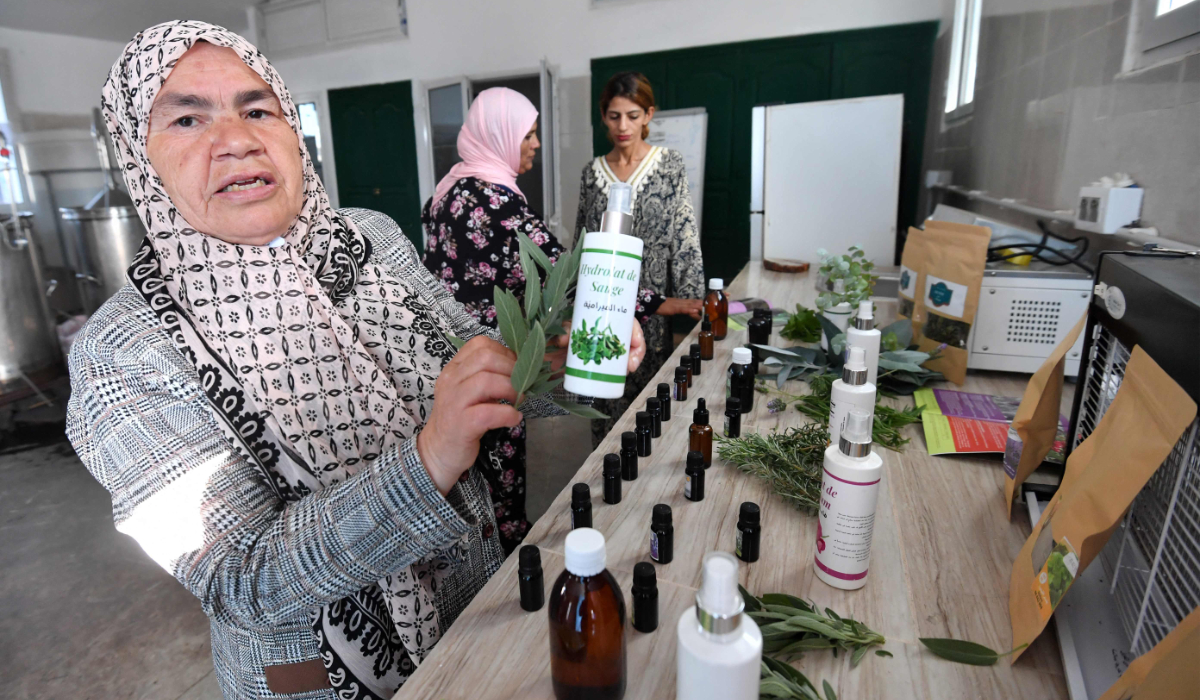BEIRUT: On the first day of 2024, the Lebanese militia Hezbollah received an Israeli ultimatum. If it did not immediately retreat from the Israeli-Lebanese border and cease its rocket attacks, a full-scale war was imminent. It was the threat that preceded the storm.
The following day, Israeli fire, previously confined to cross-border exchanges initiated by Hezbollah on Oct. 8, 2023, with the stated aim of supporting Hamas and other Palestinian militant groups in Gaza, was turned on the southern suburbs of Beirut for the first time.
An Israeli drone targeted a Hamas office in Haret Hreik, killing the group’s third-ranking leader, Saleh Al-Arouri. Simultaneously, the killings of Hezbollah leaders in southern Lebanon increased exponentially.
The war that Hezbollah launched against northern Israel compounded Lebanon’s existing crises. Already burdened by the financial collapse of 2019, Lebanon entered 2024 grappling with worsening economic and social turmoil.

A political crisis deepened the chaos, as a failure to appoint a president — caused by sharp divisions between Hezbollah and its allies on one side and their opponents on the other — has left the government paralyzed since October 2022.
The flare-up on the border initially displaced 80,000 people from their villages, further straining the country’s economy and increasing poverty. In mid-December 2023, donor countries informed Lebanon of plans to reduce aid for social protection at the start of 2024.
Military confrontations escalated quickly. Hezbollah maintained its “linked fronts” strategy, insisting it would continue its attacks until Israel withdrew from Gaza, while Israel insisted Hezbollah comply with Resolution 1701 and withdraw its forces north of the Litani River.
Between Oct. 8, 2023, and September 2024, Hezbollah launched 1,900 cross-border military attacks, while Israel responded with 8,300 attacks on southern Lebanon. These hostilities caused hundreds of fatalities and displaced entire communities in both southern Lebanon and northern Israel.
Despite intensive diplomatic efforts — primarily by France and the US — no ceasefire was reached during this period. The confrontations intensified, with the Israeli army expanding its targets to the Baalbek region, while Hezbollah extended its strikes to deep Israeli military positions.
Daily clashes revealed Hezbollah’s entrenched military presence in southern Lebanon, including arms depots, artillery emplacements and tunnels, despite the monitoring role of the UN Interim Force in Lebanon under Resolution 1701.

Resolution 1701 mandates the establishment of a weapons-free zone between the Blue Line and the Litani River, except for Lebanese government and international forces. It also prohibits the unauthorized sale or supply of arms to Lebanon.
Hassan Nasrallah, the slain secretary-general of Hezbollah, asserted in 2021 that the group’s fighting force was 100,000 strong.
Funded by Iran and trained by the Islamic Revolutionary Guard Corps, Hezbollah boasted a significant arsenal, predominantly Iranian-made and locally manufactured weapons.
After monopolizing resistance operations in the 1980s, Hezbollah morphed into what many analysts considered an Iranian proxy beyond the control of the Lebanese state.
This year’s confrontations broke traditional rules of engagement, imposing new dynamics.
UNIFIL troops in forward positions were not spared from the crossfire, with incidents escalating after Israeli forces entered UNIFIL’s operational zones.

By mid-July, Western embassies in Lebanon were urging their nationals to leave, aware of Israel’s threat to expand the conflict into an all-out war on Lebanon.
Israeli strikes on Hezbollah’s leadership intensified, culminating in the July killing of Radwan Division commander Fouad Shukr in southern Beirut. The following day, Hamas political bureau chief Ismail Haniyeh was targeted in Tehran, heightening tensions between Israel and Iran.
Israeli airstrikes deepened across southern Lebanon and the Bekaa Valley, while Hezbollah extended its attacks to Kiryat Shmona, Meron and the outskirts of Haifa and Safed.
Then, on Sept. 17-18, Israel mounted a coordinated attack on thousands of Hezbollah pagers and walkie-talkies, causing explosions that resulted in 42 deaths and more than 3,500 injuries. Although Israel has not claimed responsibility, the attack marked a significant escalation.
By Sept. 27, the killing of Nasrallah and other senior Hezbollah figures in Haret Hreik signaled the start of a wider war. Israeli forces used precision concussion rockets to strike deep into buildings and bunkers, killing Hezbollah commanders and forcing mass evacuations from Beirut’s southern suburbs.

In response, Hezbollah reaffirmed its commitment to linking any ceasefire in Lebanon to one in Gaza. However, by Oct. 1, Israel had intensified its raids, leveling residential buildings and even threatening archaeological sites in Tyre and Baalbek.
The Israeli army also initiated a ground offensive in southern Lebanon, destroying border villages and severing land crossings with Syria to disrupt Hezbollah’s supply lines. Satellite imagery revealed the total destruction of towns like Ayta Al-Shaab and Aitaroun, rendering them uninhabitable.
The devastation affected not only Hezbollah but also Lebanon’s Shiite community, which had invested heavily in the group over decades.
On Nov. 26, Parliament Speaker Nabih Berri, with US mediation, finalized a ceasefire agreement. However, the deal was preceded by a massive Israeli escalation in Beirut.

As the ceasefire came into effect, questions arose in Hezbollah strongholds about its decision to separate the Lebanon and Gaza peace tracks. Critics also questioned its commitment to dismantling military installations and cooperating with US-led monitoring efforts.
Despite the ceasefire, violations continued. Meanwhile, the war’s economic toll was becoming apparent.
Amin Salam, Lebanon’s minister of economy, estimated initial losses at $15-20 billion, with 500,000 jobs lost, widespread business closures, and agricultural devastation affecting 900,000 dunams of farmland.
Farmers, industrialists and displaced communities were left without support, deepening Lebanon’s economic paralysis. Municipalities began assessing damages, while Hezbollah sought to distribute Iranian-funded aid to those affected.
Although its leadership and its once mighty arsenal have been badly diminished, and the war in Gaza continues, the fact that Hezbollah has survived the past year of conflict is being projected by the group as a victory in itself.

What is certain is that Lebanon now faces an unprecedented challenge, recovering from a conflict it was ill-equipped to withstand and watching a friendly government in neighboring Syria crumble under an onslaught by opposition forces.
By the same token, now may be the moment many Lebanese had been eagerly waiting for, when the state is in a position to assert its control over internal and external security.





































